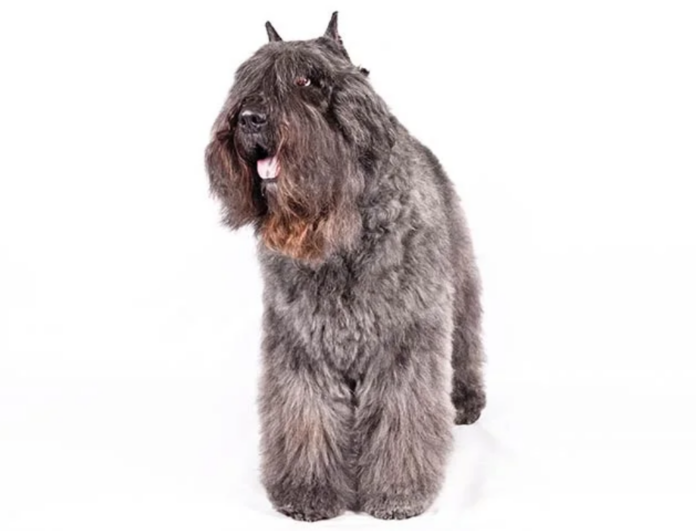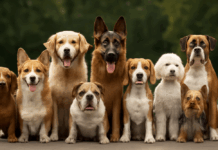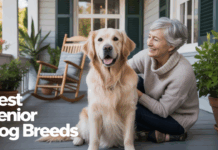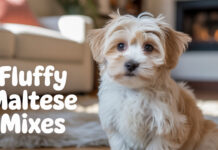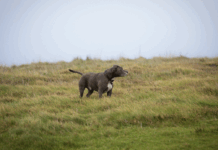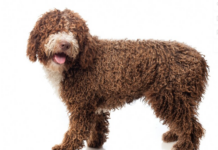Last Updated on September 18, 2024 by Dogs Vets
The Bouvier des Flandres is a remarkable breed known for its strength, courage, and affectionate nature. This powerful herding dog, with its rugged appearance and hardworking spirit, has become a beloved companion and protector for many families. In this article, we delve into the essential traits, care requirements, and historical background of this extraordinary breed.
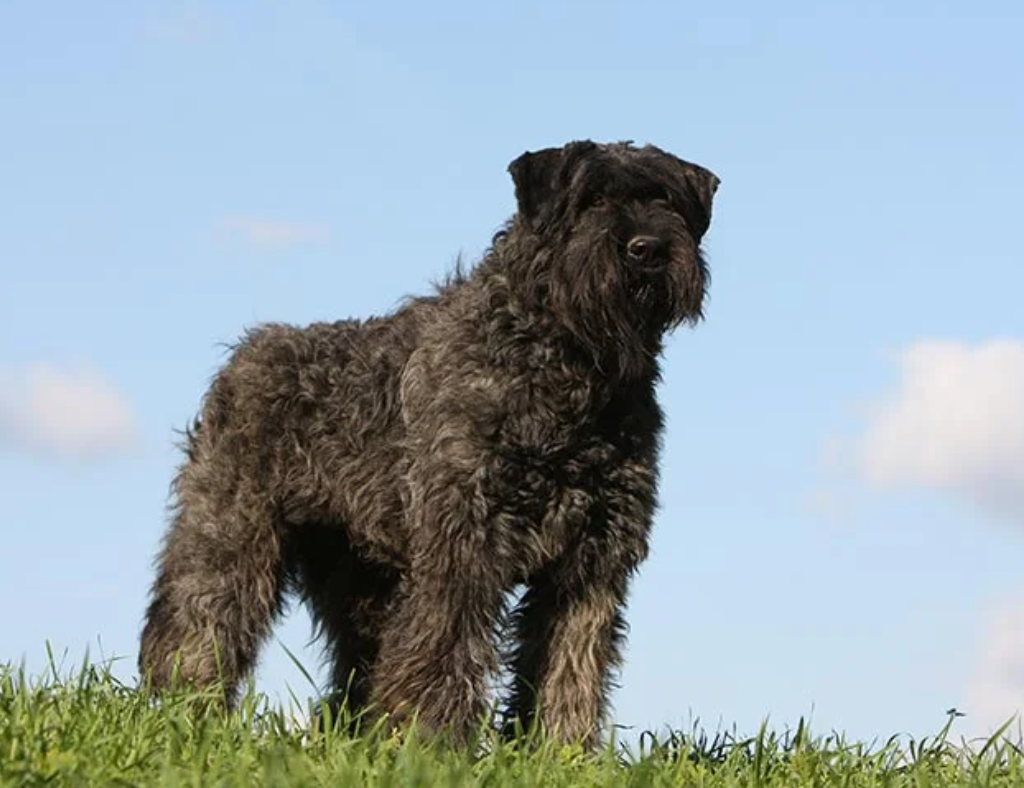
Overview and Key Traits of the Bouvier des Flandres
| Aspect | Details |
|---|---|
| Height | Male: 24.5-27.5 inches Female: 23.5-26.5 inches |
| Weight | 70-110 pounds |
| Life Expectancy | 10-12 years |
| Coat Colors | Black, Brindle, Fawn, Gray, Pepper & Salt, Blue |
| Markings | White Markings, Black Mask, Brindle Markings |
| Family Life | Affectionate with family, not recommended for young children |
| Physical Needs | High exercise needs, prefers an active lifestyle |
| Social Needs | Needs early socialization, best with experienced owners |
| Personality | Strong-willed, Courageous, Independent |
| Grooming | Weekly brushing, beard cleaning, regular nail trimming |
| Training | Highly trainable, excels in dog sports and obedience |
| Health Issues | Prone to certain genetic conditions, gastric dilatation and bloat |
Breed Traits & Characteristics
Family Life
- Affectionate with Family: Bouviers are loving and protective towards their family members.
- Good with Young Children: Not recommended; they may not be the best choice for families with young children.
- Good with Other Dogs: Generally not recommended; they may have issues with other dogs.
Physical Needs
- Exercise: Requires significant physical activity; enjoys tasks and activities that keep them engaged.
- Grooming: Needs regular brushing and beard maintenance; weekly grooming is ideal.
Social Needs
- Socialization: Early socialization is crucial to ensure a well-adjusted adult dog.
- Training: Responds well to consistent training; thrives on having a job to do.
Personality
- Strong-Willed: Known for their determination and courage.
- Courageous: Brave and willing to face challenges.
- Independent: Can be reserved and prefers to work alone.
Health and Care
Health
Bouviers are generally robust but can be prone to specific health issues, including:
- Genetic Conditions: Bouvier des Flandres myopathy, cataracts, deafness, etc.
- Gastric Dilatation and Bloat: A serious condition that requires immediate attention.
Recommended Health Tests:
- Hip Evaluation
- Elbow Evaluation
- Cardiac Exam
- Ophthalmologist Evaluation
For more details on breed health, visit the American Bouvier des Flandres Club.
Grooming
The Bouvier’s coat requires brushing once or twice a week. A slicker brush or pin brush and large comb are ideal. The beard and toenails should also be maintained regularly.
Exercise
Bouviers need ample exercise and space. They are happiest when engaged in activities that keep them physically and mentally stimulated. Ideal for active households with room to roam.
Training
This breed excels in training and dog sports. They are eager to please but require a firm hand and consistency in training. Bouviers thrive when given tasks and responsibilities.
Nutrition
Bouviers should be fed a high-quality diet appropriate to their age. Monitoring their weight and calorie intake is essential to avoid obesity. Fresh water should always be available.
History of the Bouvier des Flandres
The Bouvier des Flandres, translating to “cowherd of Flanders,” originated in the Flanders region of medieval Europe, encompassing parts of modern-day Belgium, France, and The Netherlands. Historically used for herding cattle, Bouviers were versatile working dogs. Despite challenges, including near extinction during World Wars, the breed was preserved and later recognized by the American Kennel Club in 1931.
FAQs
1. What is the average lifespan of a Bouvier des Flandres?
The average lifespan of a Bouvier des Flandres is 10-12 years.
2. How often should a Bouvier des Flandres be groomed?
Bouviers should be brushed once or twice a week and have their beard cleaned regularly.
3. Are Bouviers good with children?
Bouviers are generally not recommended for families with young children due to their independent nature.
4. What kind of exercise does a Bouvier des Flandres need?
Bouviers require significant exercise and enjoy activities that engage both their mind and body.
5. What are common health issues in Bouviers?
Common health issues include genetic conditions like myopathy, cataracts, and gastric dilatation (bloat).
